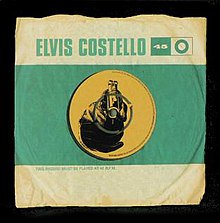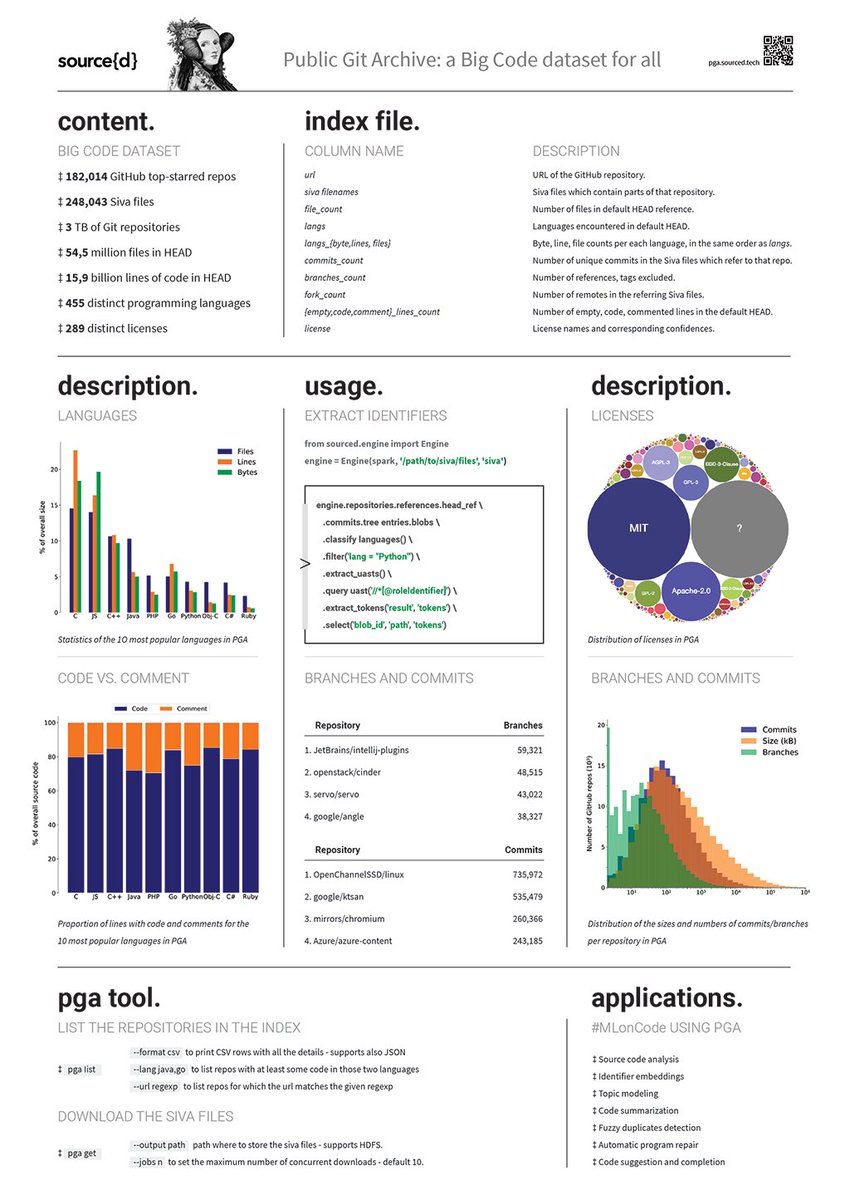what does living in the Age of Blurgs *mean* to us, to how and what we teach and learn and actually do in the trade?
Like this thread? Get email updates or save it to PDF!
Subscribe to Michael D. Hill
Get real-time email alerts when new unrolls are available from this author!
This content may be removed anytime!
Twitter may remove this content at anytime, convert it as a PDF, save and print for later use!
Try unrolling a thread yourself!

1) Follow Thread Reader App on Twitter so you can easily mention us!
2) Go to a Twitter thread (series of Tweets by the same owner) and mention us with a keyword "unroll"
@threadreaderapp unroll
You can practice here first or read more on our help page!



